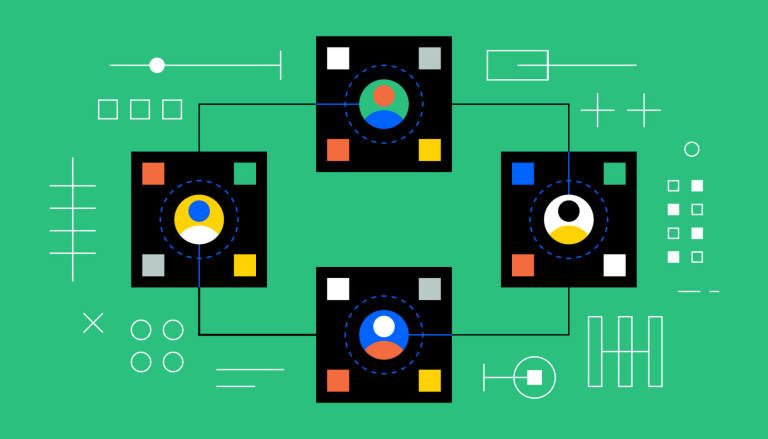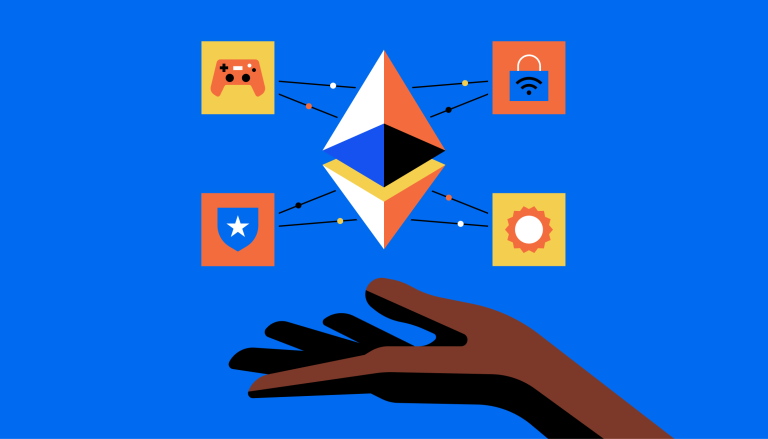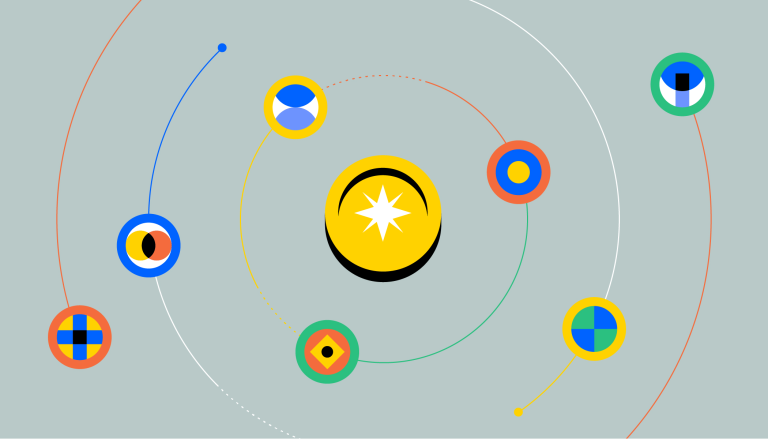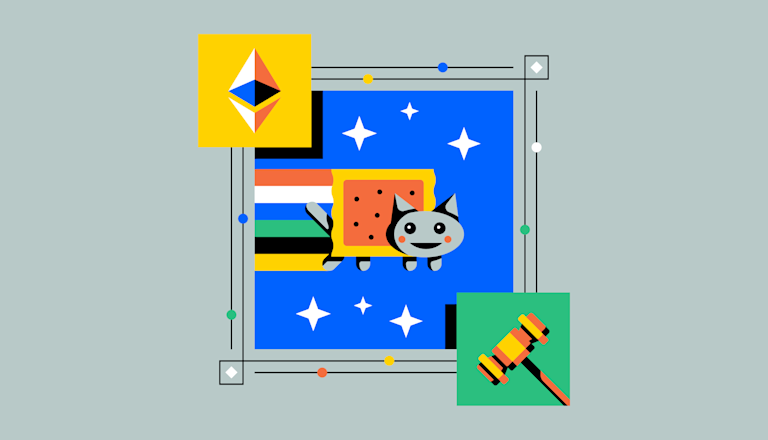What are Decentralized Autonomous Organizations (DAO)?

Decentralized Autonomous Organizations (DAOs) are entities with no central leadership, governed by a community organized around a specific set of rules enforced on a blockchain.
DAOs operate using smart contracts, which are chunks of code that automatically execute whenever a set of criteria are met.
DAOs are fully autonomous and transparent, built on open-source blockchains, allowing anyone to view their code and audit their built-in treasuries.
Understanding DAOs
A Decentralized Autonomous Organization (DAO) is an entity that operates without a central authority. Instead, it is governed by a community that shares a common goal and operates based on a specific set of rules enforced on a blockchain. DAOs are internet-native organizations collectively owned and managed by their members. They have built-in treasuries that are only accessible with the approval of their members. Decisions are made via proposals the group votes on during a specified period.
DAOs Operational Mechanism
DAOs operate using smart contracts, which are essentially chunks of code that automatically execute whenever a set of criteria are met. These smart contracts establish the DAO’s rules. Those with a stake in a DAO then get voting rights and may influence how the organization operates by deciding on or creating new governance proposals. This model prevents DAOs from being spammed with proposals: A proposal will only pass once the majority of stakeholders approve it. How that majority is determined varies from DAO to DAO and is specified in the smart contracts.
Potential Advantages of DAOs
There are several reasons why an entity or collective group of individuals may want to pursue a DAO structure. Some of the potential advantages of this form of management include decentralization. Decisions impacting the organization are made by a collection of individuals as opposed to a central authority. This eliminates the need for third-party facilitators and has the potential to enhance the cryptocurrency space by promoting transparency and autonomy.
Challenges of DAOs
While DAOs offer numerous potential benefits, they also come with their own set of challenges. One of the major limitations is security. DAOs must ensure security is prioritized, as exploits can leave a DAO drained of a large amount of its treasury savings. Moreover, the accumulation of voting rights tokens may lead to a concentration of power, which could potentially undermine the decentralized nature of the organization.
DAOs in Practice
One of the first DAOs named The DAO was an organization created by developers to automate decisions and facilitate cryptocurrency transactions. However, it was exploited and drained of a large amount of cryptocurrency. Despite this setback, the incident led to notable improvements in the security and operation of subsequent DAOs. Another example is ConstitutionDAO, which was formed in an attempt to acquire a copy of the U.S. Constitution. Though the DAO did not succeed in acquiring the asset, it demonstrated that a collection of like-minded individuals could form and pursue such endeavors.


